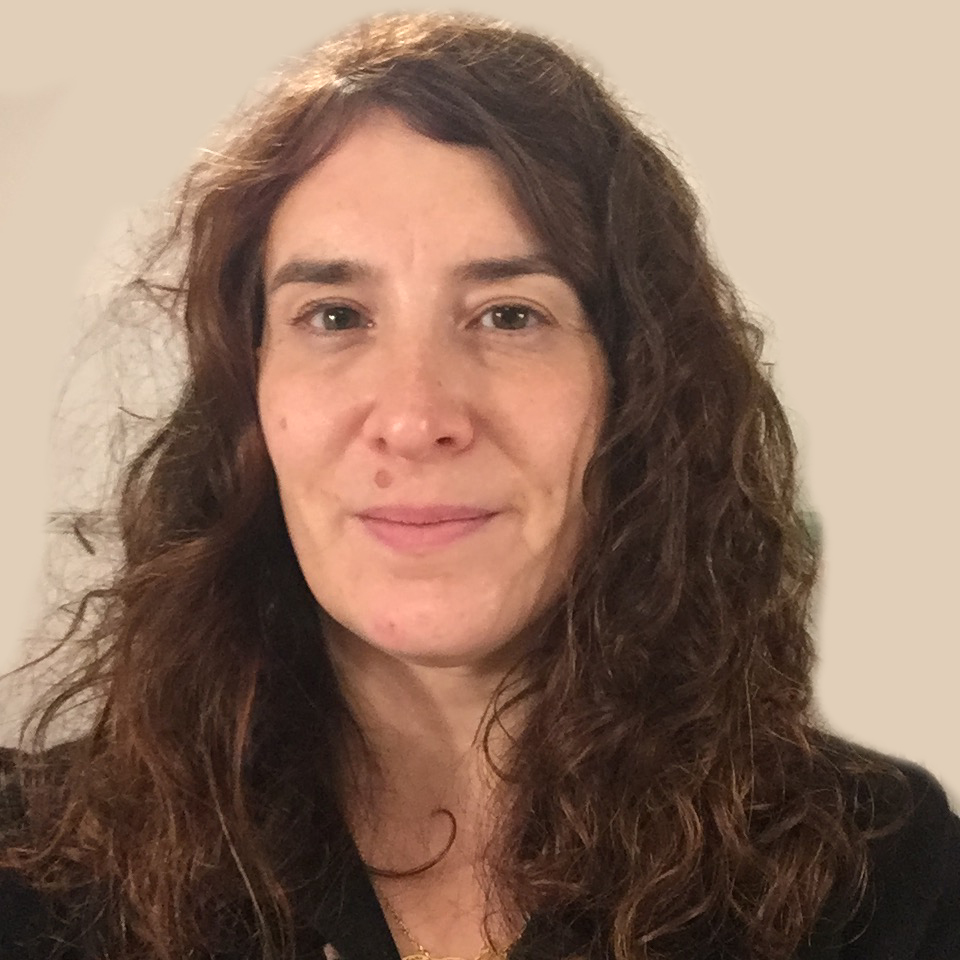20 a 20 Mar. 2025 - 12:00
Home Sweet Home: Structure and Function of the Neurogenic Niche in Health and Disease
Pauline Spéder, PhD, Institut Pasteur
20 a 20 Mar. 2025 - 12:00
Pauline Spéder, PhD, Institut Pasteur

Margarida Caio, Stem Cells and Regeneration Lab
Seminar room
The controlled activity of neural stem cells (NSCs) is paramount to the formation of a healthy brain at birth. NSCs live in a complex cellular environment, the neurogenic niche, which supports their function. In mammals, the niche is made of different cell types, including the NSCs themselves, neurons, glia and the vasculature, which exhibit precise and intricate contacts and interactions. In addition to their intrinsic program, NSCs are sensitive to extrinsic cues coming from and relayed by the niche.
While the focus has primarily been on how individual cell types in the niche signal to and influence NSC behaviour, very little is known on how the niche is assembled, and on the role of the resulting architecture in regulating NSCs. My lab is using the developing Drosophila brain to tackle this question, taking advantage of the existence of well-characterized stem cell lineages, of a compact niche with a defined layered structure and of the unrivalled power of Drosophila genetics. In particular, the cortex glia form an intricate meshwork spanning the whole organ while encasing individual stem cell lineages. Our work has been investigating how cortex glial cells build such complex architecture and influence neurogenesis at different topological and functional scales. We have also started deciphering niche behaviour in pathological contexts.
Pauline Spéder was born and bred in sunny Nice in France, where she did her PhD on the establishment of Left-Right asymmetry in Drosophila, under the supervision of Stéphane Noselli. For her post-doc, she moved field and country and investigated the metabolic regulation of neural stem cells in the lab of Andrea Brand in Cambridge. Pauline moved back to France in 2015 to start her own lab at the Institut Pasteur in Paris and got tenured in 2022. Her team focuses on the interaction between neural stem cells and their cellular microenvironment, in normal and pathological conditions.
Register here.
Champalimaud Research (CR) Colloquia Series is a seminar programme organised by the Champalimaud Centre for the Unknown to promote the discussion about the most interesting and significant questions in neuroscience and physiology & cancer with appointed speakers by the CR Community.
